Popular Nigerian comedian and activist, Adebowale “Mr Macaroni” Adedayo, is speaking out about the increasing pressure on celebrities to be the sole voices against government failures. He believes that expecting stars to publicly condemn everything isn’t the magic bullet for change. Instead, Mr Macaroni argues that true progress in Nigeria needs something much bigger: mass participation from everyone, not just performative activism from a few famous faces. He’s suggesting that lasting change comes from a collective effort, not just a celebrity statement.
The Controversy Explained
Nigerians are taking a stand against celebrity silence! A social media campaign is picking up steam, urging fans to unfollow stars who aren’t speaking out about the country’s economic struggles.
The movement gained serious momentum after user @TeniBegiloju posted a picture of a powerful placard that read: “Nigerians, let’s unfollow all useless celebrities keeping quiet now.” Ouch!
The post is sparking a national conversation about the responsibility celebrities have to use their platforms for good. While many are feeling the heat, one name is being praised for his consistent activism: Mr. Macaroni. He’s being hailed as a role model, a stark contrast to the perceived silence of his peers.
So, the question is being asked loud and clear: Will celebrities finally find their voice, or will they lose their followers? This online movement is definitely one to watch!
This reflects mounting frustration among citizens who believe high-profile figures with large platforms have a moral obligation to speak against:
✔ Soaring inflation (35.4% as of February 2025)
✔ Widespread insecurity
✔ Alleged government mismanagement
Mr Macaroni’s Nuanced Response
The comedian—known for his #EndSARS activism and frequent government criticism—issued a thoughtful rebuttal rejecting the campaign’s premise:
- Equal Citizenship Argument
“Celebrities are citizens like you. If the majority are quiet, why single out entertainers?” - Voluntary Activism Principle
“We can’t force people into advocacy just because they’re famous. Not everyone wants to discuss social issues.” - Collective Action Critique
“Nigerians watch police brutality happen but only attack celebrities online instead of intervening.” - Grassroots Empowerment
“Real change comes when ordinary people lead revolutions—not waiting for celebrity validation.”
The Bigger Picture: Nigeria’s Activism Dilemma
This debate exposes deeper tensions in Nigerian civil society:
Celebrity Influence Paradox
- 83% of youth follow entertainers on social media (NOI Polls 2024)
- Yet only 12% of top 100 celebrities regularly address governance issues
Selective Outrage Patterns
- Musicians face backlash for performing at political events
- Actors rarely criticized for lucrative endorsement deals with “oppressor brands”
Safety Concerns
- 14 entertainers reported threats after political commentary in 2024 (CDD West Africa)
- Many opt for “soft” activism like charity to avoid government targeting
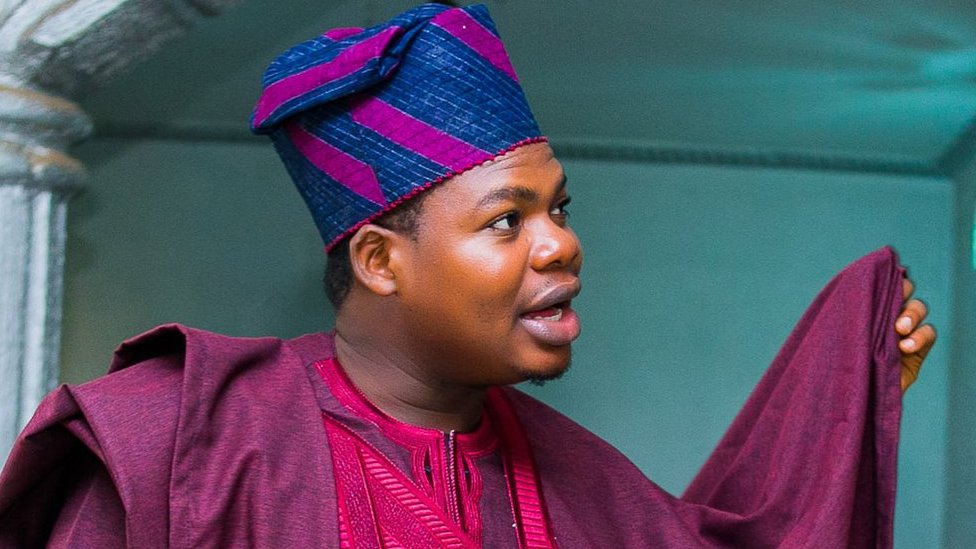
Historical Context
Mr Macaroni’s stance continues a tradition of artist-activists balancing fame and advocacy:
🎭 1980s: Fela Kuti’s brutal persecution for anti-government lyrics
🎬 2000s: Nollywood stars avoiding politics after OBJ’s media crackdowns
📱 2020s: Social media creators like Macaroni testing new protest models
Public Reactions Split
Supporters Argue:
- Celebrities profit from fans so owe them solidarity
- Silence implies complicity with bad governance
- Their platforms could mobilize mass awareness
Opponents Counter:
- Entertainers aren’t elected representatives
- Forced activism lacks authenticity
- Distracts from systemic accountability
Read Also:cDenmark Accuses US of “Unacceptable Pressure” Over Greenland Amid Annexation Rumors
A Way Forward?
Mr Macaroni’s comments suggest an alternative approach:
- Normalize Everyday Activism
“Become your own celebrity” – encouraging grassroots leadership - Respect Diverse Roles
Allowing artists to contribute through art rather than mandatory protests - Protect Vocal Figures
Building structures to safeguard outspoken celebrities from retaliation
Beyond Celebrity Scapegoating
As Nigeria’s crises deepen, this episode reveals the limitations of looking to entertainers as salvation. True change requires what Macaroni describes as “the people leading and taking charge”—a vision where citizenship, not celebrity, drives national transformation.
The challenge remains: Will Nigerians channel their online outrage into organized offline action, or keep demanding performers double as politicians? The answer may determine whether 2025 becomes another year of complaints—or the birth of genuine people-powered reform.






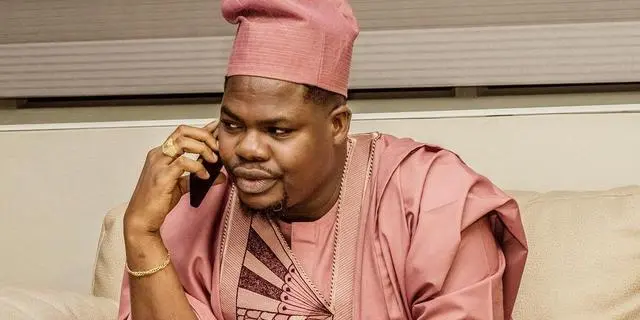
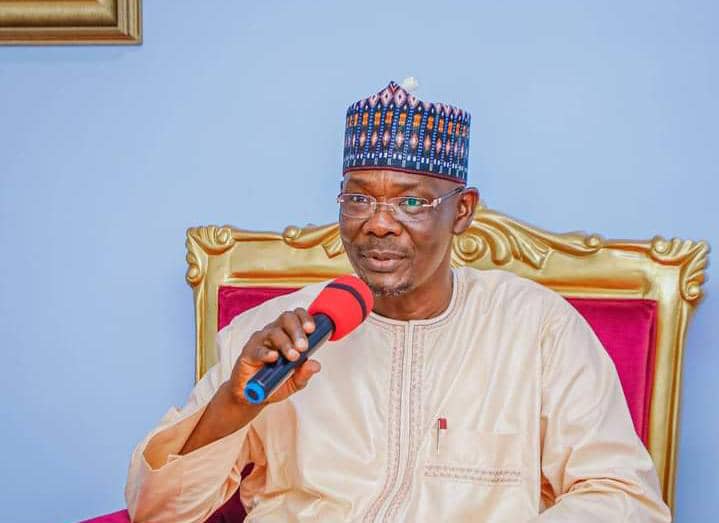




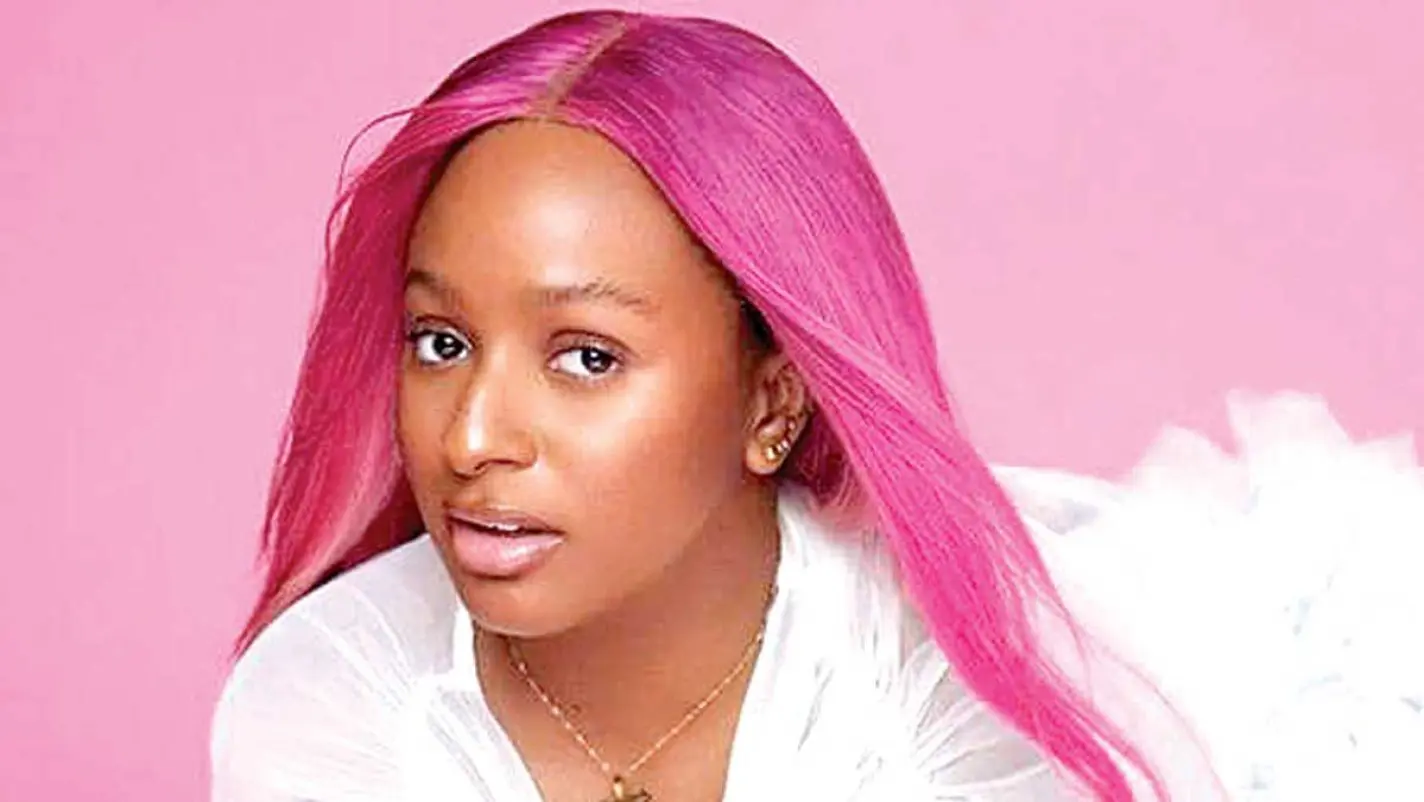
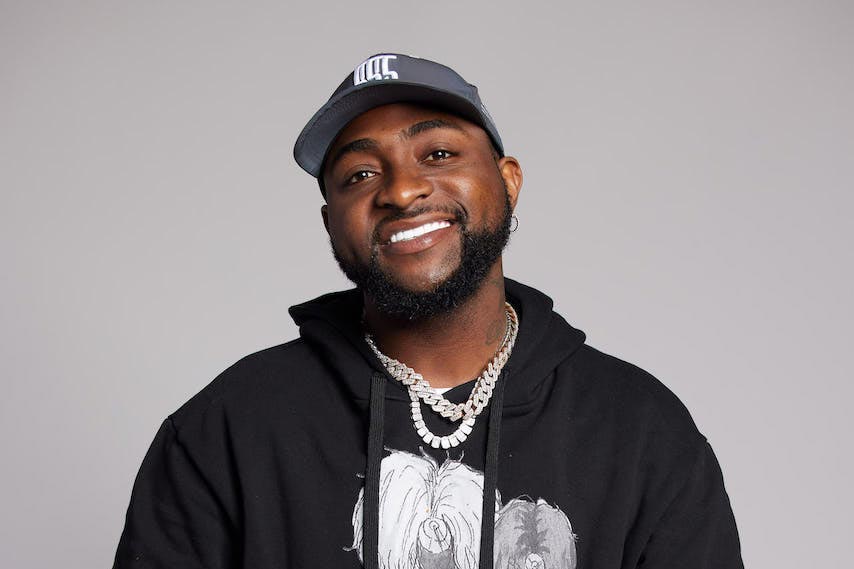
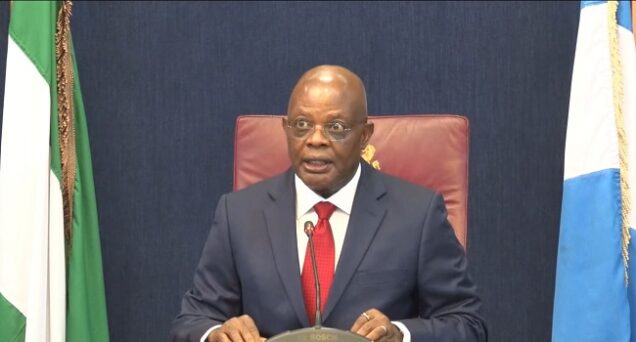
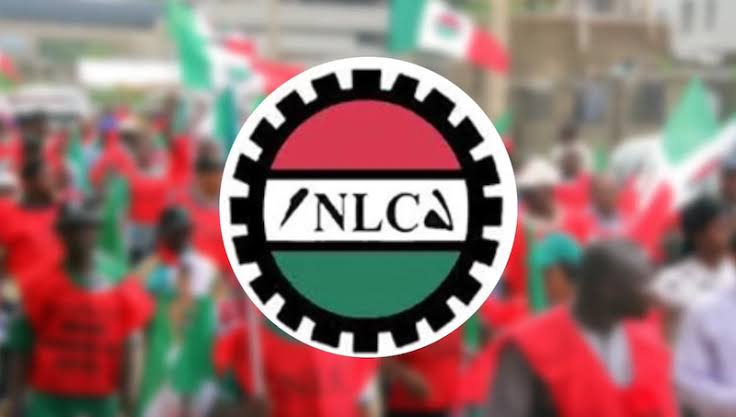
Got a Questions?
Find us on Socials or Contact us and we’ll get back to you as soon as possible.